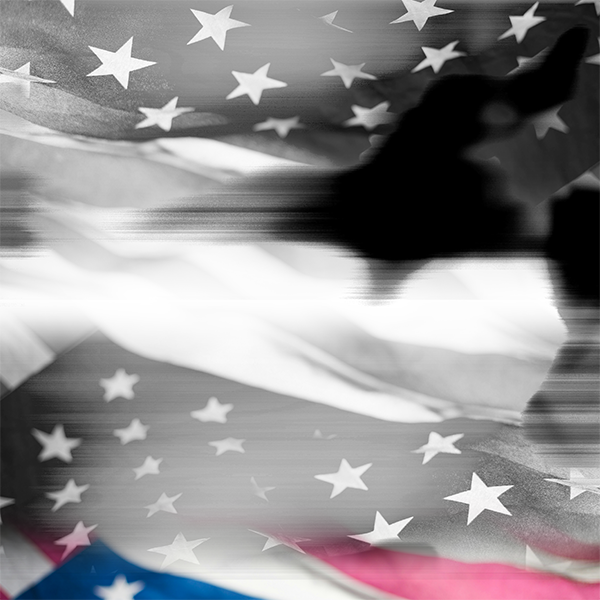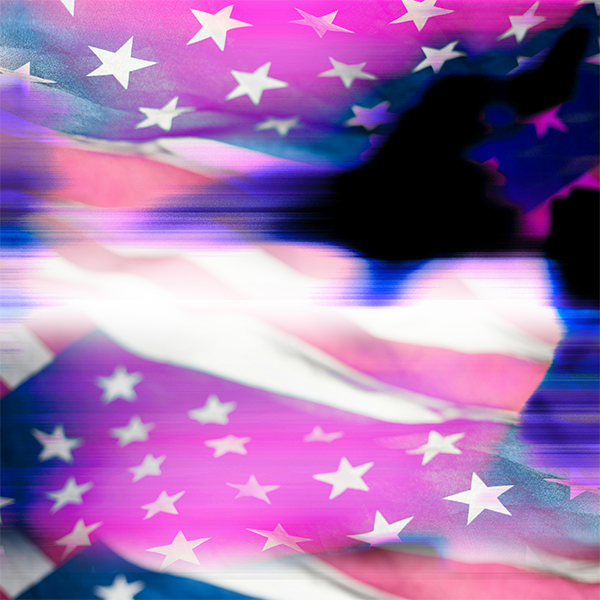The Problem With Us Evangelicals Is We’re Just Too Liberal
If there’s anything the election of Donald Trump has taught me it is this: We evangelicals have gone liberal and it’s taking us down a wrong path.
Let me explain.
The Word “Liberal”
Current American Politics
“Liberal” is a word that can mean many things. In everyday use, the word refers to the opposite of “conservative.” If Republicans are conservative, then Democrats must be liberal. To be conservative socially is to support traditional values and personal responsibility. To be liberal socially is to advocate for personal freedom, self-expression and personal flourishing on all social moral issues. Evangelicals tend to be conservatives in these ways.
Classical Liberalism
The more classical use of the word however, in the political tradition of John Locke, J.S. Mill, John Rawls, describes a brand of individualist politics. The goal of this kind of “liberal” is to order a society around the freedom of each to pursue his or her “life, liberty and happiness.” Achieving this goal, in essence, is what it means to “make America great again.”
In the crassest of terms, this version of political liberalism seeks a society that liberates each individual to do whatever he or she wants as long as it doesn’t hurt anybody else.
Political liberalism seeks to liberates each individual as long as it doesn’t hurt anybody. Share on XClassical Liberalism and Individualistic Evangelicalism
It is this kind of liberalism, I contend, that runs deep (beneath the surface) in evangelicalism. After all, we are the religion of the individual. For us, it is of ultimate importance that each individual makes a personal decision to receive Jesus as Savior. Each Christian must have a personal relationship with Jesus. Church for evangelicals is a bunch of individuals gathering together to get pumped up to be better individual Christians.
This is our version of life, liberty and the pursuit of happiness. You could say then that evangelicals are the ultimate liberals in the classical sense of the word.
When Trump was elected with the help of 81% of white evangelicals who voted, I thought to myself, “Ah, here we go again, being good liberals.”
We believe the only way to defend our individual Christianity is to vote for a government that will protect us. No matter how disgusting of a misogynist, how overt a racist, or how oppressive of immigrant populations, Trump at least promises a government that protects “me” from all the social forces that might endanger my Christian existence in America. I will, therefore, vote for him! It’s about me pursuing my individual Christian life of happiness and flourishing. In other words, evangelicals are good liberals.
Because our Christianity is such an individual thing, we do not have confidence that God is working in the world. Neither do we see how the church is a way of living together that displays His Kingdom in society. We don’t see how the church lives under its political power, the reign of Jesus who is Lord and bringing in His Kingdom.
Because our Christianity is individualist, we don't have confidence God is working in the world. Share on XEvangelicals tend to shop around for the perfect church to meet our individual needs with just the right products for my private Christian flourishing. We have never believed the church could be an agent of change in society. Church is a Sunday morning supermarket that keeps us going for another week of good Christian living. Church is all about me and my family. In other words, we are good liberals.
Evangelicals have never believed the church could be an agent of change in society. Share on XWhen this life of ours is threatened, the only thing we have left to do is go out vote for someone to protect our rights and our values. This is why Trump’s pandering to racial fears and degrading treatment of women didn’t bother evangelicals. We are hoping that his government will protect us. In other words, we are good liberals.
All the best attempts by progressive evangelicals to persuade conservative evangelicals to not vote for Trump fall on deaf ears because it’s one version of liberalism against another version of the same. And arguing that Hillary provides for a more equitable inclusive liberalism (where more individuals get to pursue their personal flourishing in our country) doesn’t sell to people who are scared and angry at all the people who threaten their own personal flourishing.
The Upside of Being “Too Liberal”
But maybe there is an upside for us evangelicals who have been disgusted by Trump (and there are more than a few of us). Maybe our eyes have been opened to the bankruptcy of our own liberal-individualism? Perhaps we will now be forced to take the church more seriously now.
Maybe our eyes have been opened to the bankruptcy of our own liberal-individualism? Share on XMaybe church can now be less of a mall-like experience, and more of a place we gather to live a way of life that makes a difference in the world.
Maybe church can now be less of a place to learn about our beliefs and more of a place to practice those beliefs in the care of the poor, protection for the immigrants, reconciliation among minority groups.
Maybe we can give up being such good liberals and become present in the world with the good news that God is at work in Christ making all things right, reconciling the world to Himself, that Jesus is indeed Lord here and we have nothing to fear in the Kingdom of God.
Maybe we can give up being good liberals and become what I call his “Faithful Presence” ( see here ) in our neighborhoods.
What do you think? Is the election of Donald Trump a new moment for those of us evangelicals who reject Trump to reimagine church as a witness to God’s justice, reconciliation, and presence in the world?
Maybe we can give up being good liberals & become his 'Faithful Presence' in our neighborhoods. Share on X


